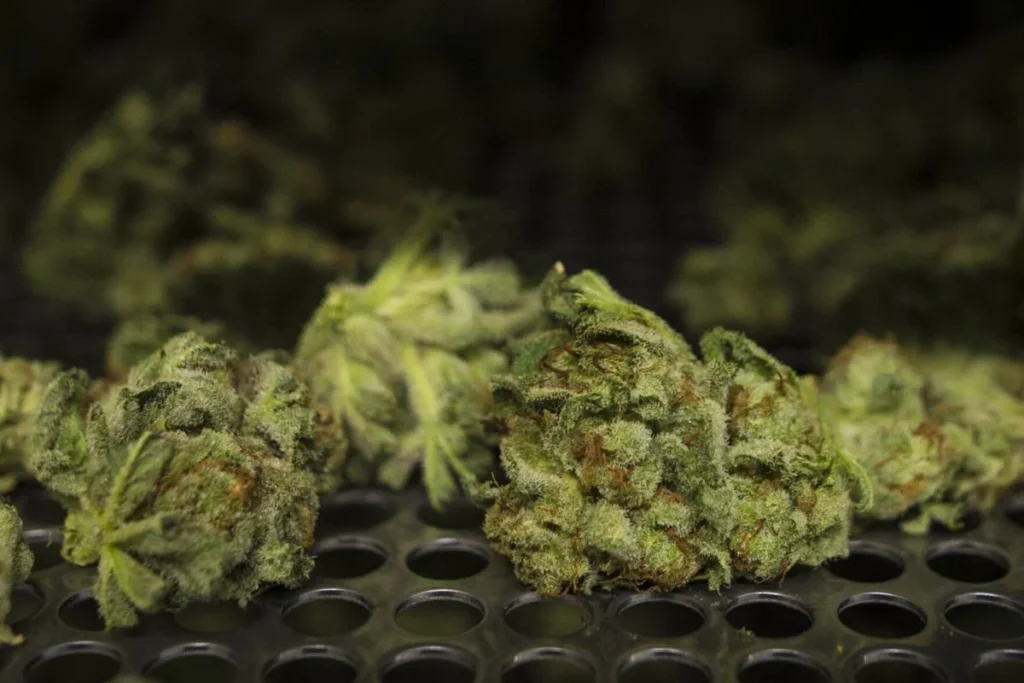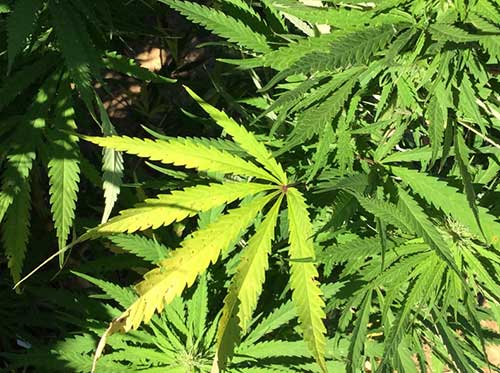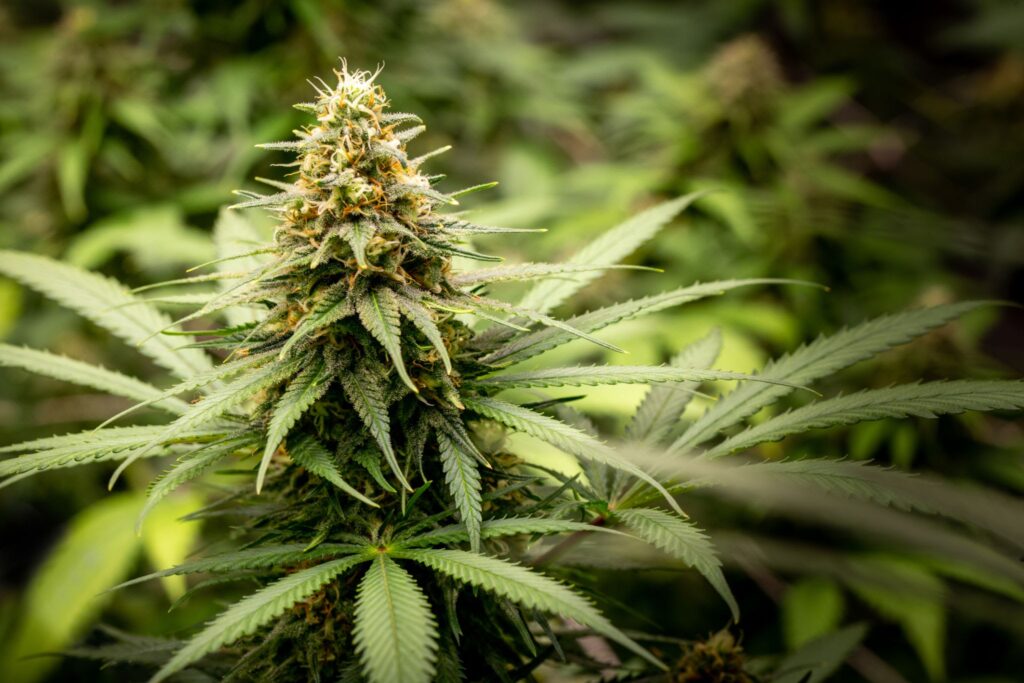When we think of the term “drugs,” a myriad of images, connotations, and opinions flood our minds. Some may envision illicit substances peddled in dark alleys, while others might think of prescription medications neatly arranged in pharmacy shelves. But what exactly defines a drug?
At its core, a drug is any substance that causes a physiological change when introduced into the body. This can range from caffeine in your morning cup of coffee to powerful opioids prescribed for pain relief.
Definition of Drugs: Navigating the Definitions
In the realm of pharmacology and healthcare, drugs are typically categorized based on their intended usage, chemical composition, or potential for abuse. Broadly speaking, drugs can be therapeutic (used for medical treatment), recreational (consumed for pleasure or altered states of consciousness), or illicit (illegal substances with no accepted medical use). The classification often hinges on factors like safety profiles, addictive properties, and societal norms.
Overview of the Debate: Is Weed Truly a Drug?

Now comes the contentious question: where does weed fit into this complex tapestry of drugs? The debate surrounding marijuana’s status as a drug is multifaceted and rife with contrasting viewpoints.
On one side are proponents who argue that weed’s psychoactive effects categorize it squarely as a drug—albeit one with potential medicinal benefits. Conversely, there are those who advocate for cannabis legalization and reject its classification as a traditional drug due to its natural origin and purported therapeutic properties.
Exploring the High of Weed: Is It Really Just a Drug?
Classification of weed as a psychoactive substance
When we talk about weed, one of the first things that come to mind is its psychoactive effects. This plant contains compounds like THC (tetrahydrocannabinol) that interact with our brain’s receptors, leading to altered states of consciousness.
These psychoactive properties are what put weed in the category of substances that can affect our mental processes, emotions, and perceptions. While some may argue that weed’s classification as a drug is too simplistic, it cannot be denied that its impact on our mental state sets it apart from non-psychoactive substances.
Comparison with other commonly recognized drugs

Now, let’s take a moment to compare weed with other well-known drugs like alcohol and tobacco. While each substance has its own set of effects and risks, weed stands out for its unique combination of relaxation and euphoria without the physical addictive properties associated with alcohol or nicotine. Unlike alcohol, which can lead to impaired judgment and coordination, or tobacco, which is highly addictive and harmful to physical health, many users perceive weed as a more mild alternative.
However, it’s essential to recognize that all these substances can impact individuals differently based on factors like dosage, frequency of use, and personal tolerance levels. In the grand scheme of things, labeling weed as just another drug oversimplifies its complex nature.
While it does share some characteristics with traditional drugs in terms of altering consciousness, the nuanced effects it produces set it apart from other substances in terms of perception among users and society at large. As we delve deeper into the world of marijuana consumption, we begin to see how its classification as a drug is not as straightforward as black and white but rather exists in shades of grey where individual experiences play a significant role in shaping perceptions.
Chemical Composition of Weed
Presence of THC and CBD in Marijuana Plants

When it comes to the chemical makeup of weed, two compounds take the spotlight: THC (tetrahydrocannabinol) and CBD (cannabidiol). These two are like the dynamic duo in the marijuana plant, each bringing its own set of effects to the table.
THC is what gets you high; it’s responsible for that euphoric feeling and altered perception that many associate with smoking weed. On the other hand, CBD is more like the chill mate that helps balance out some of THC’s more intense effects.
It’s known for its calming and anti-inflammatory properties, making it popular for medicinal purposes. The levels of THC and CBD can vary significantly between different strains of marijuana.
Some strains are bred specifically to have high THC content for recreational users looking to get lifted, while others prioritize CBD for those seeking relief from pain or anxiety without necessarily wanting to feel stoned. It’s this diversity in chemical composition that allows for such a wide range of experiences with weed – from soaring highs to soothing relief.
Effects of These Compounds on the Human Body
When you consume weed, whether by smoking, vaping, or ingesting edibles, these compounds get busy interacting with your body’s endocannabinoid system. THC binds to cannabinoid receptors in your brain and body, triggering a cascade of effects that lead to that classic high – feelings of relaxation, euphoria, altered sensory perception, and increased appetite (hello munchies!). Meanwhile, CBD doesn’t directly bind to these receptors but instead influences them indirectly, helping regulate things like pain perception and mood.
The effects of THC and CBD can vary depending on factors like dosage, individual tolerance levels, and method of consumption. Smoking or vaping typically leads to faster onset but shorter duration highs compared to edibles which take longer to kick in but can last much longer.
For medical use specifically, certain ratios of THC to CBD have been found effective in treating conditions like chronic pain, epilepsy seizures, inflammation-related disorders – showcasing the potential therapeutic benefits these compounds hold. …
Hope for Relief: Treatment for Chronic Pain and Nausea in Cancer Patients
When it comes to the medical uses of weed, one area where its potential shines brightly is in providing relief for those battling cancer. The debilitating pain and ceaseless nausea that often accompany chemotherapy treatments can take a toll on patients’ quality of life. However, studies have shown that marijuana can effectively alleviate these symptoms, offering a glimmer of hope amidst the hardships of cancer treatment.
The compounds found in weed interact with the body’s endocannabinoid system to help manage pain and reduce nausea, providing much-needed comfort to those going through tough times. Moreover, the use of weed in cancer patients has shown promising results not only in symptom management but also in improving overall well-being.
By easing the physical distress caused by both cancer itself and the treatments involved, marijuana offers patients a chance to regain some semblance of normalcy amidst their battle with this formidable disease. This natural remedy provides a ray of light for individuals grappling with chronic pain and unrelenting nausea, offering them a more holistic approach to managing their health during such trying times.
Finding Balance: Management of Symptoms in Conditions like Epilepsy and Multiple Sclerosis
In addition to its benefits for cancer patients, weed has also demonstrated significant potential in managing symptoms associated with neurological conditions like epilepsy and multiple sclerosis. For individuals living with epilepsy, seizures can be frequent and unpredictable, greatly affecting their daily lives.
Studies have indicated that certain components present in cannabis can help reduce seizure frequency and intensity, offering hope to those struggling with this challenging disorder. Similarly, individuals battling multiple sclerosis often experience muscle spasms and stiffness, which can hinder mobility and cause discomfort.
Weed has been explored as a possible solution due to its muscle-relaxing properties that could provide relief from these symptoms. The management of epilepsy and multiple sclerosis symptoms using marijuana highlights the diverse range of conditions that may benefit from this plant’s medicinal properties.
By tapping into nature’s remedies, individuals facing neurological challenges are given an alternative avenue for symptom relief beyond traditional medications. As ongoing research delves deeper into the therapeutic potential of weed for these conditions, there is optimism surrounding its role as a complementary treatment option that addresses symptoms at their root cause while promoting overall well-being.
Recreational Use and Legalization
Growing Acceptance and Legalization Across Various Countries

The tide is turning when it comes to the perception and legality of weed around the globe. Over recent years, we have witnessed a significant shift towards acceptance and legalization of marijuana in various countries. Nations like Canada, Uruguay, and several states in the U.S. have taken the bold step to legalize both medical and recreational use of weed.
This progressive movement reflects changing attitudes towards this once controversial plant. In addition to those pioneering nations, many others are now exploring or implementing legislation to decriminalize or regulate marijuana use.
Whether driven by medical research highlighting its benefits or a desire to combat black market activities, governments are recognizing that there can be advantages to legalizing cannabis. The growing acceptance of weed is reshaping societal norms and challenging traditional views on drugs and their uses.
Impact on Society and Economy
The ripple effects of legalizing weed reach far beyond individual consumption habits. From a societal perspective, we observe shifts in attitudes towards marijuana users as perceptions evolve from criminality towards acceptance. Communities are experiencing changes in how they view recreational drug use, leading to discussions about personal freedoms versus public health concerns.
Moreover, legalization has sparked debates on social justice issues related to past criminalization of marijuana offenses. On an economic level, the impact of legalizing weed cannot be understated.
The cannabis industry is booming with opportunities for entrepreneurs and investors alike. Job creation within cultivation facilities, dispensaries, marketing agencies, and more contribute to economic growth.
Tax revenues from the sale of marijuana products also provide funding for social programs and public services that benefit society at large. This shift towards embracing weed not only reflects changing societal values but also demonstrates the potential for positive impacts on both society and economy when approached thoughtfully and responsibly.
Common Myths Debunked
When it comes to weed, there are numerous myths that have been circulating for years. One common misconception is that marijuana is a gateway drug that inevitably leads to the use of harder substances like cocaine or heroin.
However, research has shown that this theory is not supported by evidence. In reality, most marijuana users do not progress to using other drugs.
The idea of weed being a gateway drug is more of a scare tactic rather than a scientific fact. Another prevalent myth about weed is that it kills brain cells and lowers IQ.
This misconception stems from early studies in the 1970s that suggested marijuana had detrimental effects on cognitive function. However, more recent research has debunked this myth, showing that while heavy and prolonged use of marijuana can impact memory and learning, it does not cause permanent damage to brain cells or lead to a decrease in overall intelligence quotient.
Facts vs Fiction
Separating fact from fiction when it comes to weed can be challenging due to the various conflicting narratives surrounding its use. One common fiction is that all marijuana strains have the same potency and effects on users. In reality, different strains contain varying levels of THC and CBD, leading to distinct psychoactive and medicinal properties.
Understanding these differences can help individuals choose the right strain for their desired outcome. Another common fiction surrounding weed is that it impairs driving ability in the same way alcohol does.
While it’s true that driving under the influence of marijuana can impair coordination and reaction time, studies have shown that its effects on driving performance are not as severe as those caused by alcohol. However, it’s essential for individuals using weed recreationally to be aware of these potential impairments and avoid operating vehicles while under its influence.
Dispelling myths and understanding the facts about weed is crucial for forming a balanced perspective on its uses and effects. By debunking common misconceptions and distinguishing between truth and falsehoods, individuals can make informed decisions regarding their relationship with marijuana without falling prey to unfounded fears or misinformation.
Summary of key points discussed

In this exploration of whether weed is considered a drug, we delved into the classification of weed as a psychoactive substance and its chemical composition, highlighting the presence and effects of compounds like THC and CBD. We also examined the medical uses of weed, from managing chronic pain to treating symptoms in conditions like epilepsy.
Additionally, we touched on the recreational use and growing acceptance of weed, shedding light on its impact on society and economy. By debunking common misconceptions about weed, we aimed to provide a clearer understanding of this controversial topic.
Personal reflection on the perception of weed as a drug
As I ponder over the perception of weed as a drug, I find myself contemplating the complex interplay between societal norms, legal frameworks, and personal beliefs. The evolving landscape of marijuana legalization has challenged traditional notions surrounding its classification as a drug, prompting me to question the validity of such labels in light of shifting paradigms.
Through this journey, I’ve come to appreciate the nuances that shape our perspectives on substances like weed and recognize the importance of informed discourse in shaping public opinion. While the debate on whether weed is drugs may continue to spark diverse viewpoints and impassioned discussions, it is essential to approach this topic with an open mind and a willingness to challenge preconceived notions.
By embracing curiosity and seeking out reliable information, we can foster a more nuanced understanding of substances like marijuana and pave the way for constructive dialogue that transcends stigma. Let us remain optimistic about the potential for positive change in attitudes towards weed and strive towards a future where education triumphs over ignorance.
